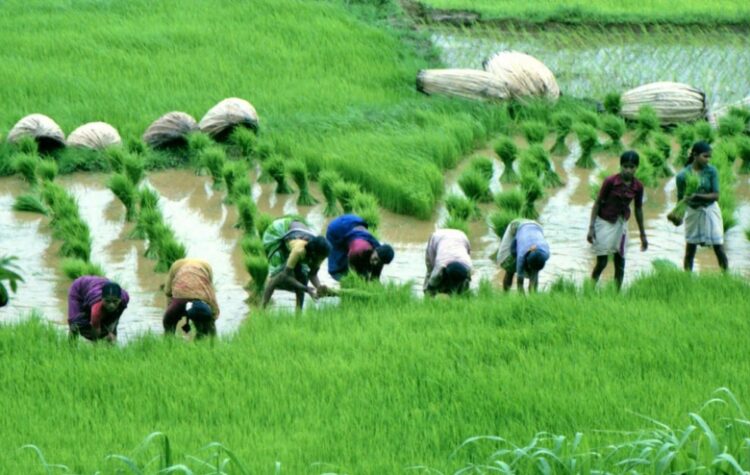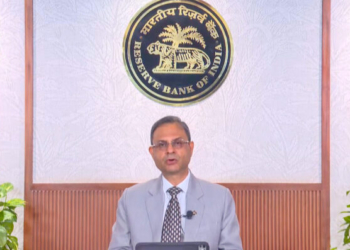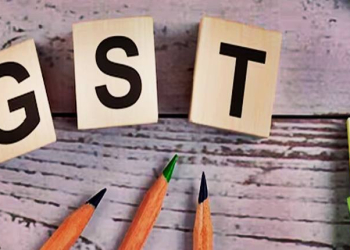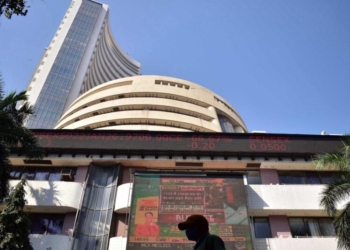New Delhi: India’s agriculture sector has been witnessing robust growth with an average annual growth rate of 4.6 per cent over the last six years.
This has enabled the agriculture and allied activities sector to contribute significantly towards the country’s overall growth, development and food security, said the Economic Survey 2022-23 tabled in Parliament by Union Minister of Finance Nirmala Sitharaman on Tuesday.
Further in recent years the country has emerged as the net exporter of agricultural products, with exports in 2021-22 touching a record US $ 50.2 billion.
The Survey attributes the sector’s growth and buoyancy to the “measures taken by the government to augment crop and livestock productivity, ensure certainty of returns to the farmers through price support (Minimum Support Price), promote crop diversification” and, focused interventions to “enhance credit availability, facilitate mechanisation and boost horticulture and organic farming”.
The Survey observes that these interventions are in line with the recommendations of the Committee on Doubling of Farmers’ Income.
The government has been increasing the MSP for all 22 Kharif, Rabi and other commercial crops with a margin of at least 50 per cent over the all-India weighted average cost of production since the agricultural year 2018-19, says the Survey. Relatively higher MSP was given to pulses and oilseeds in order to keep pace with the changing dietary patterns and achieve the goal of self-sufficiency.
The government has set a target of Rs 18.5 lakh crore in agricultural credit flow in 2022-23. The government had consistently increased this target every year and it has also been able to continuously surpass the target set every year over the past several years. In 2021-22, it was about 13 per cent more than the target of Rs 16.5 lakh crore.
The survey suggests, this achievement was made possible because the government had designed multitude of initiatives to ensure hassle-free credit availability to farmers at a competitive interest rates – Kisan Credit Card (KCC) Scheme which provides credit at any time, and Modified Interest Subvention Scheme which provides short term agricultural loan up to Rs 3 lakh at subsidized interest rate.
Kisan Credit Cards have been issued to 3.89 crore eligible farmers with a KCC limit of Rs 4,51,672 crore as on December 2022. With the Government of India extending the KCC facility to fisheries and animal husbandry farmers in 2018-19, now over 1.0 lakh (as on October 17, 2022) KCCs have been sanctioned for the fisheries sector and 9.5 lakh (as of November 4, 2022) for the animal husbandry sector.
The Survey pointed out that 11.3 crore farmers received income support from the Government under the April-July 2022-23 cycle of PM KISAN. The scheme, over the past three years has provided assistance worth more than Rs 2 lakh crore to the needy farmers. An empirical study by the Indian Council of Agriculture Research (ICAR) and the International Food Policy Research Institute (IFPRI) found that the scheme has helped address the liquidity constraints of farmers for buying agricultural inputs, helped specifically the small and marginal farmers to meet their daily consumption, education, health and other incidental expenses.
(IANS)














